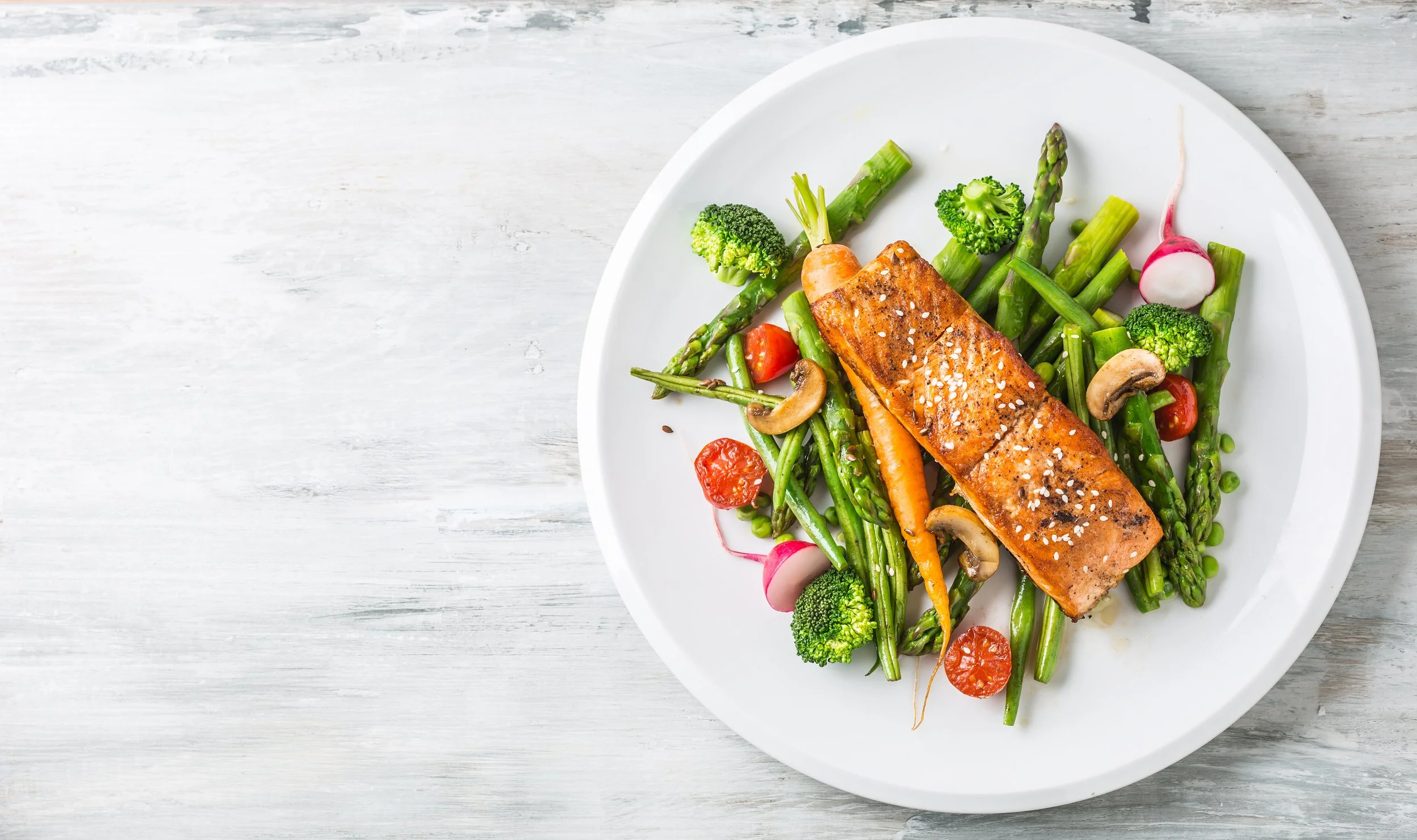Ways to Make Your Meals More Nutritious
Crafting meals packed with nutrients is a cornerstone of sustaining optimal health and enhancing overall well-being. It's about more than just satisfying hunger; it's a deliberate act of choosing ingredients that taste good and provide our bodies with the essential vitamins, minerals, and other nutrients they need to function at their best.
Nutritious meals can improve our energy levels, support immune function, and contribute to long-term health benefits. By focusing on our food's quality and nutritional value, we take significant steps towards a healthier lifestyle that nourishes both the body and the mind.
Here are practical and effective strategies to enhance the nutritional value of your meals:
1. Incorporate a Variety of Colorful Vegetables
Vegetables are packed with essential vitamins, minerals, and fiber. Aim to include a rainbow of colors in your meals, as each color represents different nutrients. For example, dark leafy greens are rich in iron and calcium, while orange vegetables like carrots and sweet potatoes are high in vitamin A.
2. Choose Whole Grains Over Refined
Whole grains, such as brown rice, quinoa, and whole wheat, retain all of the grain, offering more fiber, protein, and nutrients than refined grains like white rice and white flour. These complex carbohydrates also help stabilize blood sugar levels, providing sustained energy.
3. Add Lean Proteins
Protein is crucial for building and repairing tissues. Incorporate a variety of lean protein sources like poultry, fish, beans, lentils, and tofu. These options are lower in saturated fat and calories than red and processed meats.
4. Cook with Healthy Fats
Not all fats are created equal. Opt for healthy fats in olive oil, avocados, nuts, and seeds. These fats benefit heart health and help absorb fat-soluble vitamins (A, D, E, K).
5. Limit Added Sugars and Salt
Excess sugar and salt can undermine the nutritional quality of meals. Use natural sweeteners like honey or maple syrup sparingly, and enhance flavor with herbs, spices, and citrus instead of salt.
6. Incorporate Fermented Foods
Fermented foods like yogurt, kefir, kimchi, and sauerkraut are excellent sources of probiotics which support gut health. A healthy gut is essential for optimal nutrient absorption and immune function.
7. Stay Hydrated
While not a direct part of meal preparation, staying hydrated is crucial for overall health. Drink plenty of water, and include hydrating foods like cucumbers, tomatoes, and watermelon in your diet.
8. Practice Portion Control
Even healthy foods can contribute to weight gain if consumed in large amounts. Be mindful of portion sizes, and listen to your body's hunger and fullness cues.
9. Plan and Prep Meals
Meal planning and preparation can help you make healthier choices. Dedicate time each week to planning meals, shopping for fresh ingredients, and prepping components like chopped vegetables or cooked grains.
10. Focus on Whole, Unprocessed Foods
Whole, unprocessed foods are naturally more nutrient-dense. Try to base your diet around these foods, limiting processed snacks and fast food, which often contain added sugars, unhealthy fats, and preservatives.
Putting these tips into action can increase the nutrition in your meals. Don't feel like you must do everything at once; start small and slowly add more healthy habits into your routine.

